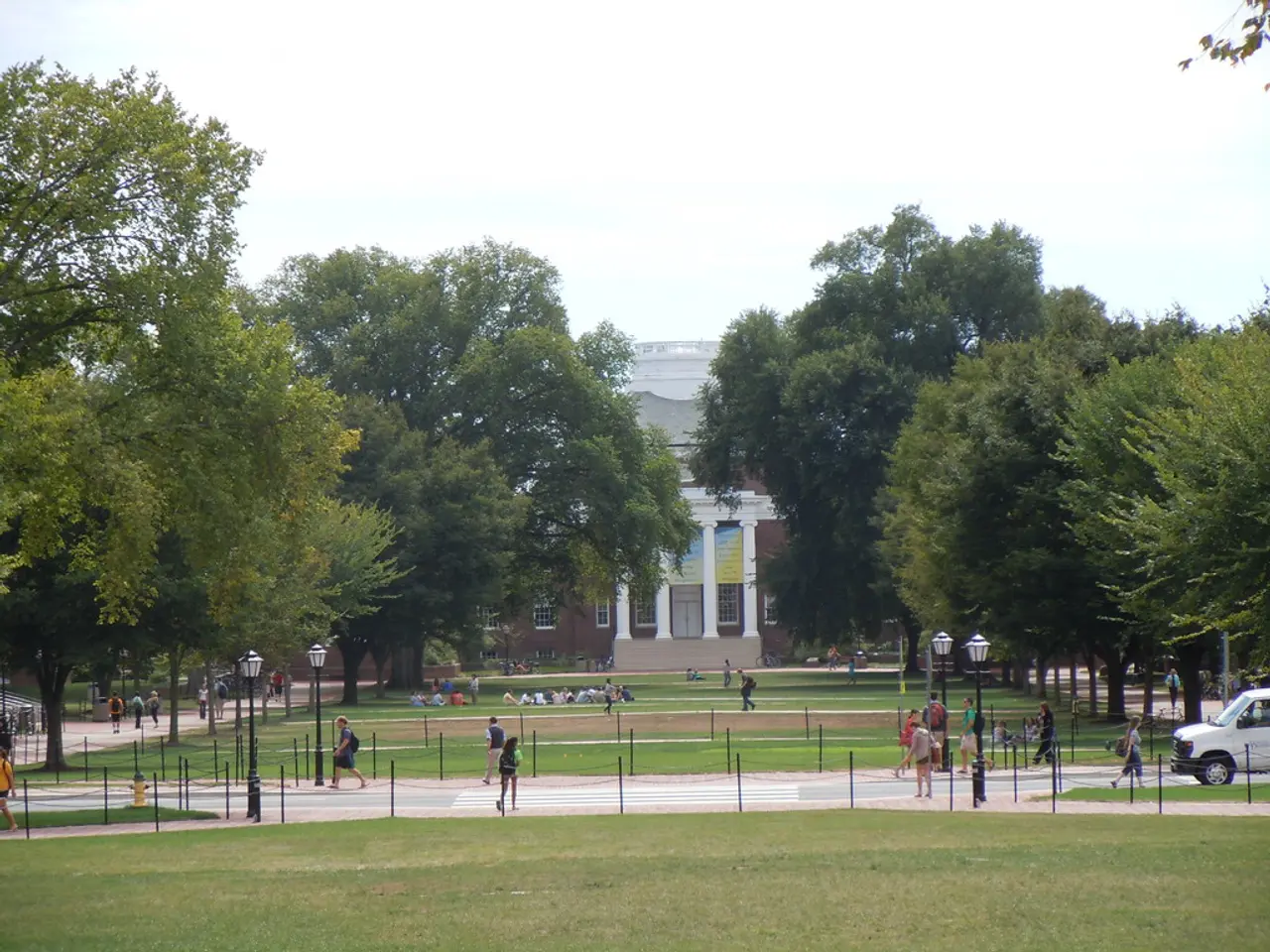Advantages and Disadvantages of Attending a Big University vs. a Small College
When considering higher education, one of the most significant decisions you'll face is choosing between a large university and a small college. Both have their unique advantages and disadvantages, and the ideal choice depends on your personal preferences, goals, and priorities.
Large Universities
Large universities are renowned for their diverse academic offerings, extensive resources, and vibrant social scenes. With a vast array of programs, students can explore various fields of study, from specialized majors to interdisciplinary studies. These institutions often attract leading experts in their fields, offering students the opportunity to learn from top minds.
Large universities host numerous career fairs, networking events, and guest speaker series, providing students with avenues to connect with professionals. They also often have robust graduate programs, offering undergraduate students exposure to advanced coursework and research opportunities.
However, large universities also come with some drawbacks. Class sizes can be large, especially in introductory courses, leading to less individualized attention. The higher student-to-faculty ratio may also mean fewer opportunities for direct interaction with professors.
Small Colleges
Small colleges, on the other hand, offer a more intimate learning environment, with personalized attention and a tight community. Faculty members often serve as mentors, guiding students academically and professionally. Small colleges prioritize undergraduate teaching and may offer smaller, seminar-style classes for in-depth discussions and critical thinking.
Small colleges have fewer resources compared to large universities, but dedicated faculty and staff prioritize undergraduate teaching and mentorship. They also offer ample opportunities for undergraduate research, enabling students to work closely with faculty members.
While small colleges may have fewer programs and extracurricular choices, they often have more specialized programs, catering to specific areas of study. They also foster close relationships among students, faculty, and staff, leading to the formation of lasting friendships and support networks.
Making the Choice
The choice between a large university and a small college depends on your priorities. If you're interested in academic breadth, research, and networking, a large university may be the right choice for you. If you value personalized teaching, community, and close faculty relationships, a small college might be more suitable.
Regardless of your choice, both large universities and small colleges offer unique opportunities for growth, learning, and personal development. It's essential to research and visit campuses, speak with current students and faculty, and consider your individual goals and aspirations when making your decision.
[1] Large universities boast diverse academic offerings, research opportunities, extensive resources, and a broad social scene. [2] Small colleges typically provide a more intimate learning environment with personalized attention and a tight community. [3] Large universities often have larger class sizes, which may limit direct interaction with professors but foster a diverse student body. [4] Small colleges provide more personalized support and closer relationships with faculty and staff due to smaller student populations.
[1] The extensive resources and diverse academic offerings at large universities provide an excellent platform for students to explore various fields of study.[2] Small colleges prioritize undergraduate teaching, offering a more intimate learning environment with personalized guidance from faculty members.[3] Large university career fairs, networking events, and guest speaker series offer avenues for students to connect with professionals, while small colleges enable undergraduate research opportunities with faculty.[4] The higher student-to-faculty ratio in large universities may result in less individually tailored attention, whereas small colleges foster close relationships among students, faculty, and staff.




